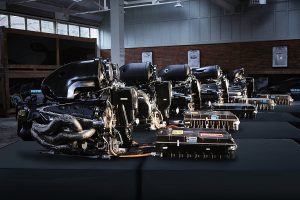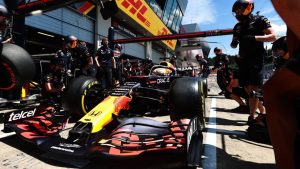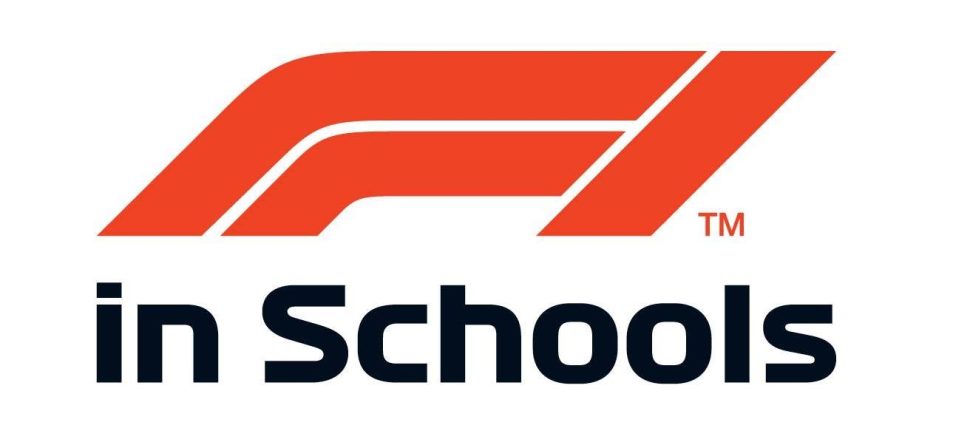The Challenge: design and manufacture Formula One Power Unit with zero carbon emissions for 2025 and beyond is hot topic of conversation within F1 industry. Discussed at recent meeting of F1 industry stakeholders, setting new regulations for Formula One engines when current cycle ends opens major opportunities for the challenge to put to wider community.

F1 in Schools offers vast resources for students to access on learning subjects around STEM: Science, Technology, Engineering and Maths. Based on the founding principle of encouraging students to explore and experience topics through fun learning environments, F1 in Schools has provided sustainable pathways for younger generations to become involved in matters relating to Formula One racing.
The F1 in Schools STEM Challenge for 2021 was for Teams of 3-6 students (11-19 years of age) to design and manufacture a miniature car out of the F1 Model Block using specified design software. The cars had to follow extensive regulations, similar to Formula One, with ultimate test racing on a 20m track, 2 lanes, to allow 2 cars to race simultaneously. The international competition attracted Teams from 40 countries, with 2021 F1 in Schools World Champion winner announced- Britannia Red from Robert’s May School in the UK.
The highly innovative programme offers once-in-life time opportunity for students to partake in formulating ideas on making Formula racing sustainable for the future. Under numerous options on what fuel will power F1 engines within parameters of producing zero carbon emissions, students have clean slate to put theories, ideas, and out of box thinking to the test. Such an undertaking not only provides space for students to develop their own pathways of learning within subjects surrounding engineering, Formula One, science, marketing and technology, but also raises levels of contribution by younger generations to make Motorsport eco-friendly for the future.

Most definitely the challenge is real. More specifically, the hybrid turbo engines will be replaced with what? Suggestions reverberate around accommodating various factors which reduce cost of engine manufacture while simultaneously delivering race experience which is emotive to fans and carbon neutral.
Research, analysis and productivity on how to adapt current F1 Power Units to new era of sustainable racing will push F1 Schools challenge that much further into the theory vs practical realities of racing by incorporating issues of climate change within brief. Students will be challenged to explore how existing engines have the potential to be modified or altered in production completely.
Will further hybridization of current engines be possible or will complete shift to hydrogen electric hybrids provide necessary fuel alternative? Will homogenized rules set engine regulations or will broader parameter be put in place: by setting the amount of fuel allowed to be used with zero carbon footprint, and leave the how to achieve best possible performance of race car up to manufacturers?
As always, challenges present opportunities for growth, to be embraced by the passionate, determined and like-minded persons to conquer. Such a mandate, has massive possibility to be taken to the next level by younger generations of thinkers and doers within F1 in Schools STEM Challenge programme on: design and manufacture Formula One Power Unit with zero carbon emissions for 2025 and beyond.
Words: Sharon Cox.





Comments are closed.